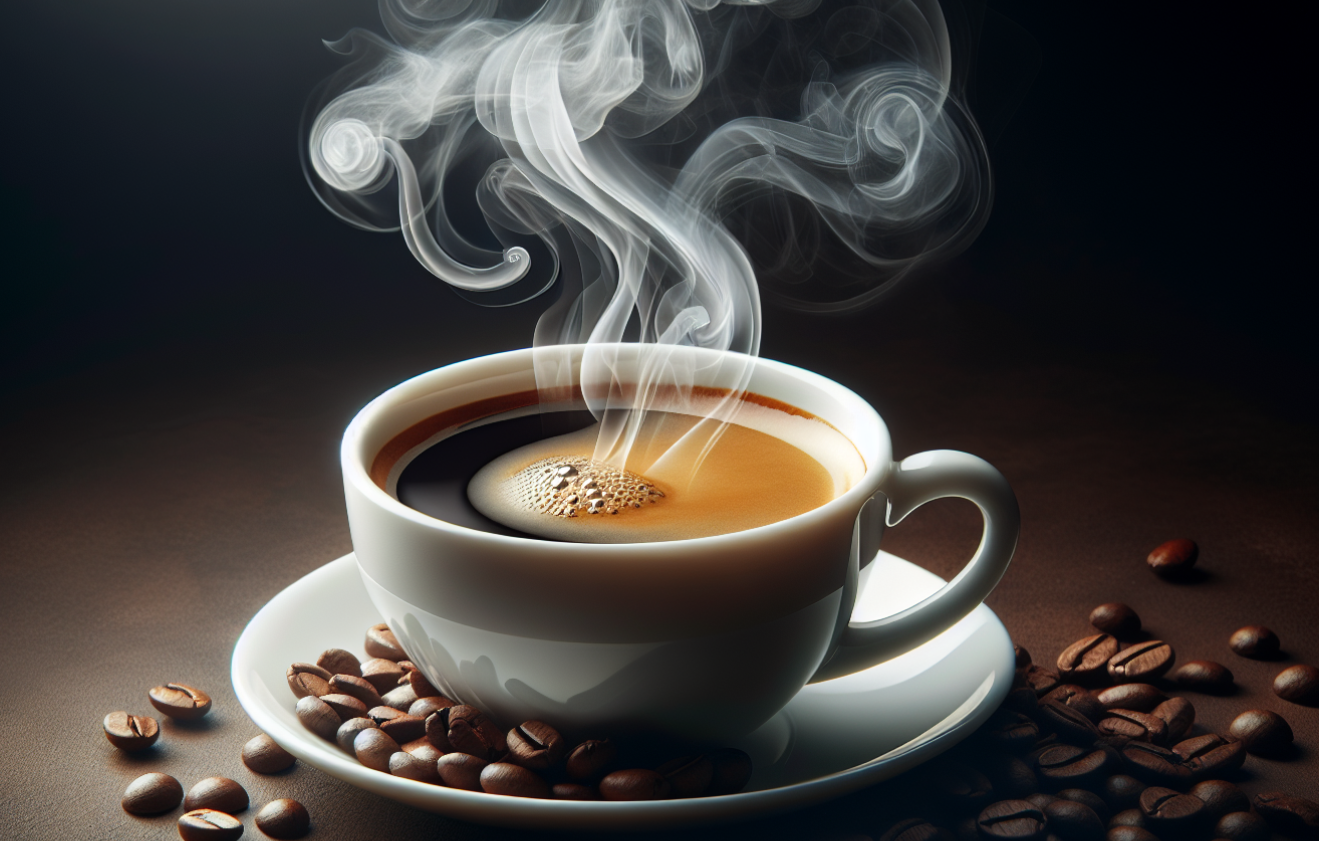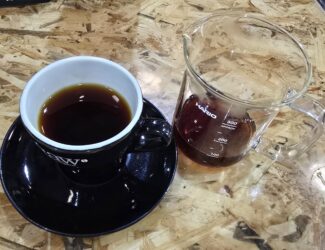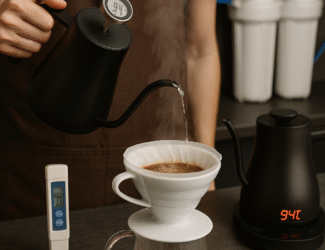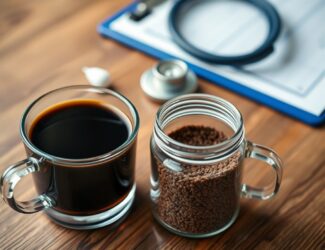
A new study reveals the secrets of making coffee better
For years, coffee aficionados have speculated that a simple addition of water to coffee beans before grinding could elevate the coffee experience. Now, a recent study conducted by researchers at the University of Oregon not only validates this belief but also sheds light on the science behind it.
The research delves into a technique initially aimed at minimizing the mess associated with grinding coffee, particularly the airborne particles caused by static electricity during the grinding process. According to Christopher Hendon, an associate professor of computational materials chemistry at the University of Oregon, the addition of water acts as an insulator, reducing static electricity’s impact—an effect known as the “Ross droplet” technique.
Originally conceived as a solution to the messy aftermath of coffee grinding, this method evolved into a sophisticated approach to enhance the brewing process. By addressing static electricity, water prevents microscopic clumps from forming during brewing, a factor that can hinder flavor extraction.
The study, published in the journal Matter on December 6, employed innovative techniques, including tools designed for measuring electric charges on wildfire and volcanic ash, to explore the potential benefits of adding water to coffee beans. The researchers meticulously measured coffee, ground it using a professional grinder, and assessed the impact of water on static charge.
The results indicate that even small amounts of water, ranging from a single droplet upwards, deactivate the static charge, ensuring that the coffee exits the grinder without being charged. This, in turn, prevents the formation of clumps during brewing, leading to higher extraction yields and a more consistent brew.
While the ideal amount of water may vary based on factors like roast type and grind coarseness, the study found an average increase in extraction yield by 10%. While this might not always translate into a noticeable flavor difference, it does underscore the efficacy of the “Ross droplet” technique.
Despite the potential benefits, the study acknowledges that the improvement in cleanliness is universal across all brewing methods, whereas the brewing benefit is more pronounced with espresso and, to a lesser extent, filter coffee. Other methods like cafetiere, French press, or AeroPress, which require a coarser grind, see minimal changes.
While the study has received positive feedback for its attempt to demystify the process, some experts call for further testing with different grinder models to draw more conclusive evidence. Ultimately, the findings open a new chapter in understanding the intricate process of grinding coffee and hint at the possibility of future technologies centered around the powerful technique of adding water on demand.



